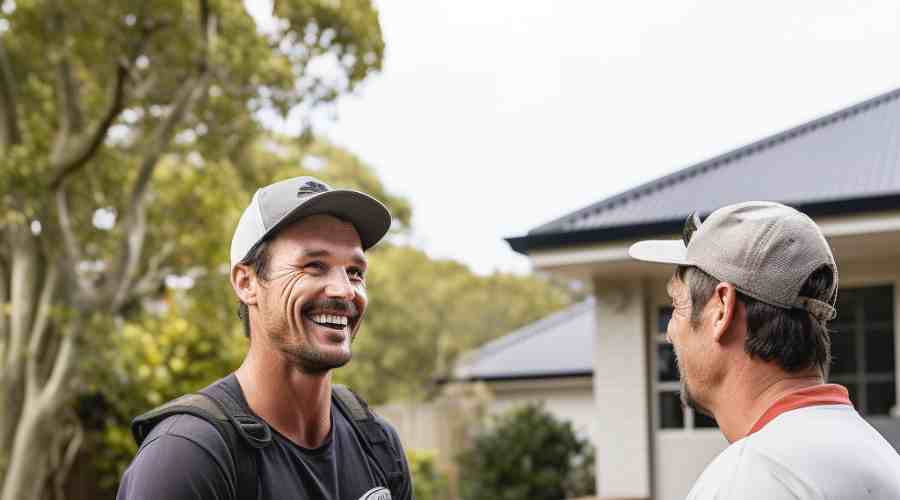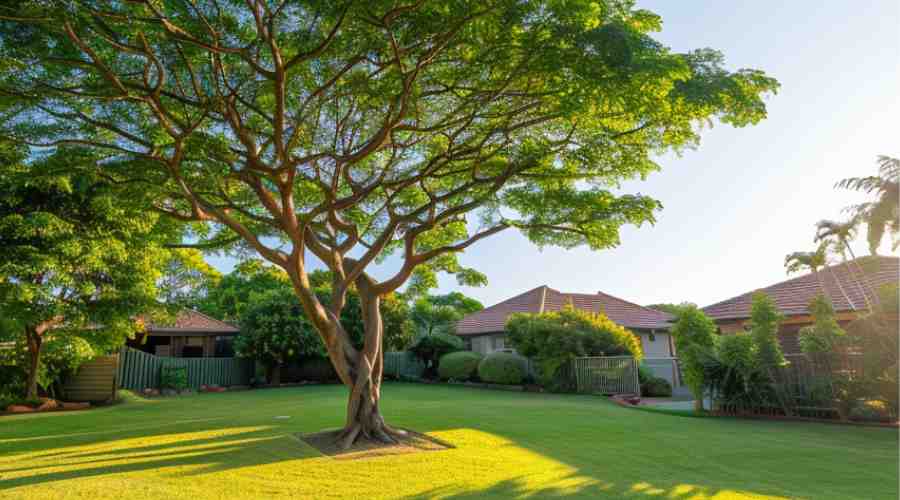Top 10 Reasons to Call an Arborist
Why Need To Call Pros For Proper Care Of Trees
Trees are important parts of our landscapes, providing shade, beauty, wildlife habitats, and more. However, trees sometimes need specialised care that a professional arborist can provide. Calling an arborist is recommended for tasks like:
1. Tree Inspection
An arborist can assess the health, condition and structure of your trees. They spot problems like:
- Decaying wood
- Weak branches
- Signs of disease or insects
Inspections help maintain tree health and prevent bigger problems.
2. Tree Removal or Cutting Down
Removing a whole tree or large branches takes skill. Improper techniques can cause property damage. An arborist will:
- Safely take down trees near buildings or electrical wires
- Grind the stump after cutting down a tree
- Haul away all debris
3. Pruning Maintenance
Pruning keeps trees healthy. It:
- Removes dead or damaged branches
- Helps the tree grow better
- Allows more light and air flow
Arborists know the right places to make cuts to avoid harming the tree.
4. Planting New Trees
Getting new healthy trees off to a strong start involves:
- Choosing the best species of tree for your yard
- Digging proper hole sizes
- Providing good drained soil
- Staking for support if needed
Arborists have planting knowledge to set young trees up for success.
5. Emergency Tree Care
After big storms, trees may need urgent help. An arborist can safely:
- Remove split, cracked or uprooted trees
- Prune broken branches
- Assess damage of trees hit by vehicles
Acting quickly prevents further security issues.
6. Storm Damage
This can really harm trees. Common issues include:
- Fallen trees blocking streets or driveways
- Branches ripped off
- Trunks split down the middle
Arborists have the tools, equipment and skills to handle this damage. It often requires climbing, chainsaws, and wood chippers.
7. Overhead Power Lines
If trees grow into overhead power cables, the results can be dangerous. Arborists:
- Carefully prune away branches near electrical wires
- Know how to safely work around utility poles
- Are trained in electrical safety
You should never try trimming near wires yourself.
8. Foundation Damage
Tree roots that wrap around foundation walls or pipes under your home can cause costly problems. Arborists may:
- Install root barriers
- Selectively prune problem roots
- Recommend replacing pipes with flexible materials that withstand root pressure better
This protects your home’s foundation.
9. Structural Damage
Leaning trees with excessive weight on one side can uproot and crush structures. Arborists can:
- Install cables and braces to stabilise the tree
- Selectively remove branches to balance the canopy
This prevents damage to your home or outbuildings.
10. Safety Hazards
Hazards like dead branches, cracks, or fungi can make a tree unsafe. Tree doctors:
- Identify defects and risks
- Prune or remove hazardous sections
- Offer options for managing what remains
Their assessments determine whether a tree can stand safely or should come down.
Other Reasons
Landscape Design
Arborists help with landscaping design, with tree services like:
- Recommending suitable trees for yard conditions
- Providing proper spacing for future growth
- Advising on species with desired shapes and seasonal colors
They make them beautiful and easier to maintain long-term.
Prevent Pest Infestation
Bugs, diseases, and wildlife damage trees. Arborists help through:
- Pruning away entry points pests use
- Applying preventative treatments
- Managing overhanging branches animals can access
Keeping trees vigorous by reducing damage retains their beauty.
Conclusion
Caring for trees takes expertise, which is what qualified arborists provide. If your trees face any of the above issues, calling a professional tree surgeon is highly recommended. They have the skills, tools, experience and knowledge to assess your trees’ needs and take appropriate action for the health and welfare of people, property, and the trees themselves.


